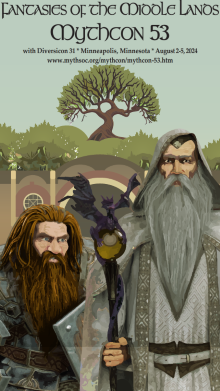Abstract
Lewis’s distrust of scientific laws for history, rather than undercutting his practice of literary history, existed alongside a basic, cautionary trust in representing the past. His methods of history writing included offering an overall plot, developing characters and corporate quasi-characters, and making analogies with the present to increase readerly sympathy (or antipathy) with long-gone cultures. Despite his strong rhetorical tendency to generalize, Lewis did not place absolute faith in his historical narratives. They were made to be argued with, supplemented, and even over-turned. The article pays particular attention to three documents from Lewis’s career as a literary historian: 1) his 1945 essay, “Addison”; 2) his two-day address in 1956 to the Cambridge Zoological Laboratory, “Imagination and Thought in the Middle Ages”; and 3) the opening introduction to his monumental English Literature in the Sixteenth Century, Excluding Drama. Likewise, it examines his overall attitude toward historiography, which requires a theological structure to position his suspended middle of historical and ethical judgments.


